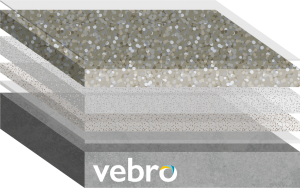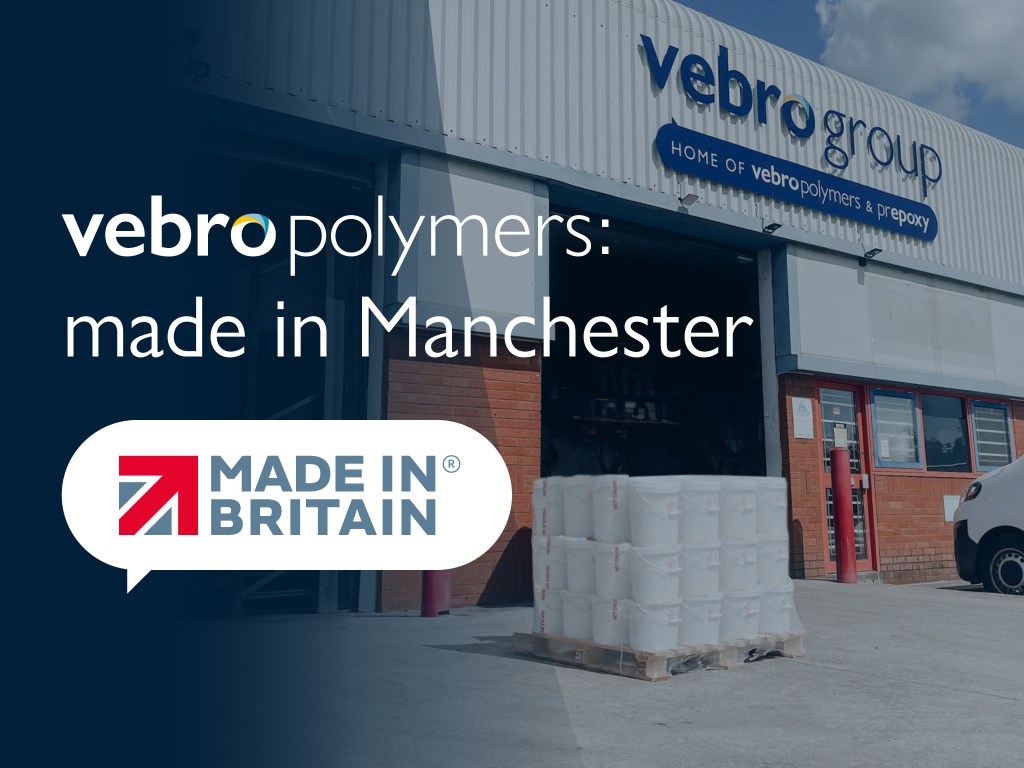The chemical resistance of flooring materials largely depends on a number of specific factors, including the type of chemical, its concentration, and the temperature and degree of surface contact time.
Polyurethane Concrete
Generally speaking, polyurethane concrete systems such as vebrocrete offer a good degree of chemical resistance to a wide range or acids, alkalis, and solvents. For low to medium concentrations of organic acids such as hydrochloric, acetic, lactic and formic, polyurethane systems demonstrate excellent chemical resistance.
However, some stronger concentrations of these types of acid can cause some surface staining, usually without loss of physical strength properties even at elevated temperatures over prolonged surface contact.
Additionally, polyurethane concrete systems offer excellent chemical resistance to solvents and alkalis at low, medium and high strength concentrations at prolonged periods of contact and temperatures with minimal surface staining and loss of physical strength properties.
Methyl-methacrylate
For chemical resistance to high strength organic acids, even with prolonged exposure, methyl-methacrylate (MMA) chemistries such a vebrospeed offer superior resistance against surface staining without loss of physical strength properties. Additionally, MMA systems offer good chemical resistance to a variety of alkalis at various strength and concentrations. However MMA systems are generally not suited to solvents and should be avoided in facilities where solvents will be present.
Epoxy
Epoxy systems, such as various systems in the vebrores range, are generally suited to weak to medium strength acids including organic and inorganic acids like boric and phosphoric, but are not suited to high concentration organic and inorganic acids. Epoxy systems generally offer good chemical resistance to a variety of alkalis at various concentrations, but are more susceptible to attack from medium strength acids at elevated temperatures. Epoxy systems have limited chemical resistance to solvents dependant upon solvent type, temperature and duration of exposure.






















